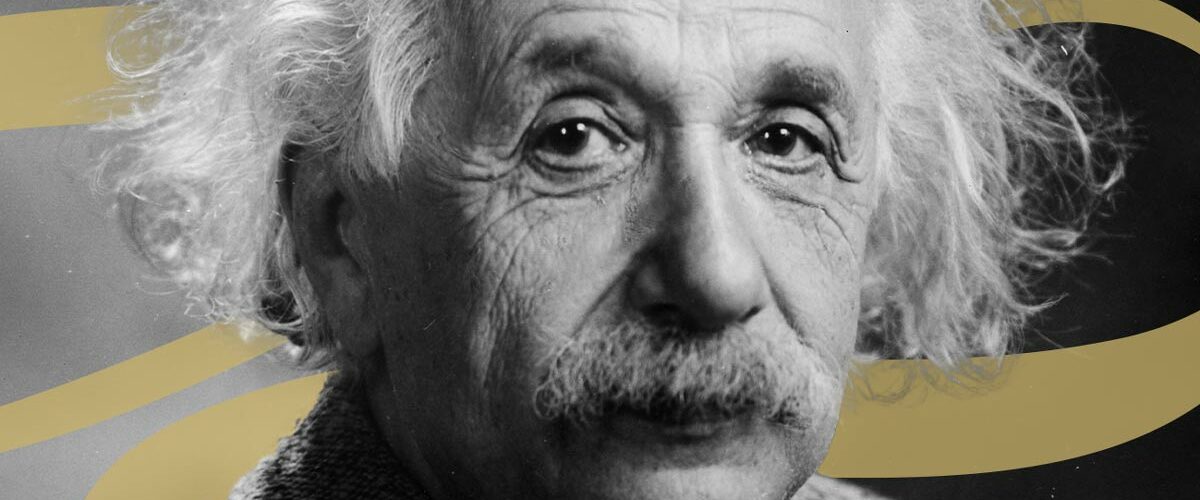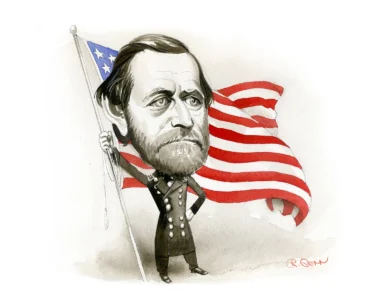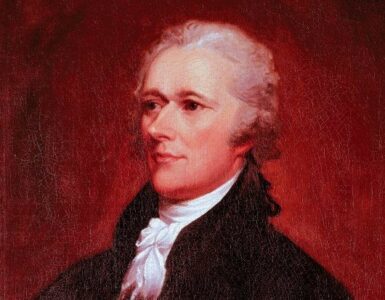Albert Einstein is one of the most famous scientists in history. His name is often associated with genius, and his discoveries transformed our understanding of the universe. Einstein’s contributions to physics, particularly his theory of relativity, laid the groundwork for many technological advancements we enjoy today, from GPS to nuclear energy. But Einstein’s influence wasn’t limited to science alone; his ideas also had a profound impact on society, philosophy, and even politics. This article will explore Einstein’s life, his groundbreaking work, and how his ideas changed the world.
Einstein’s Early Life and Education
Albert Einstein was born on March 14, 1879, in Ulm, Germany. His family moved to Munich when he was young, where he attended school. As a child, Einstein wasn’t considered a prodigy. In fact, some of his teachers thought he was slow because he didn’t speak until he was four years old. However, Einstein later showed a deep curiosity for the world around him, particularly in mathematics and science.
By the time he was a teenager, Einstein had already begun to show signs of his genius. He taught himself advanced mathematics and showed an interest in the nature of light and space. His fascination with these topics led him to question the established scientific theories of his time. Despite his brilliance, Einstein struggled in a traditional school setting, eventually leaving before graduation. He later enrolled at the Swiss Federal Polytechnic School in Zurich, where he studied physics and mathematics.
The Miracle Year
In 1905, when Einstein was 26 years old, he published a series of groundbreaking papers that revolutionized the world of physics. This period is known as Einstein’s “Annus Mirabilis,” or “miracle year.” During this time, he introduced several key ideas that would forever change our understanding of the universe.
One of the most important papers he published that year was on the special theory of relativity. In this theory, Einstein proposed that the laws of physics are the same for all non-accelerating observers, and that the speed of light is constant, regardless of the motion of the observer. This was a revolutionary idea at the time and challenged the traditional Newtonian understanding of space and time.
The most famous equation that came out of this theory is E = mc², which shows that energy and mass are interchangeable. This equation laid the foundation for modern nuclear energy and had a profound impact on science and technology.
Theory of Relativity
Einstein’s work didn’t stop with his special theory of relativity. In 1915, he introduced the general theory of relativity, which expanded upon his earlier ideas. This theory describes how gravity works, not as a force between masses, but as a curvature of space and time caused by massive objects. Imagine a large object, like the sun, sitting on a trampoline. The trampoline bends under the object’s weight, and smaller objects, like planets, move around the dip in the fabric. In a similar way, Einstein showed that massive objects, such as planets and stars, warp the fabric of space and time, causing other objects to move along curved paths.
The general theory of relativity was a radical departure from Newton’s law of universal gravitation. While Newton viewed gravity as a force between two objects, Einstein demonstrated that gravity is the result of how space and time are shaped by the presence of mass and energy.
Einstein’s theory of relativity was confirmed during a solar eclipse in 1919 when astronomers observed that light from stars was bent as it passed near the sun, just as Einstein had predicted. This discovery brought Einstein worldwide fame, and he became a household name.
Quantum Mechanics
Although Einstein is best known for his theory of relativity, he also made significant contributions to the development of quantum mechanics, a branch of physics that deals with the behavior of particles at the smallest scales. In fact, one of the papers he published during his miracle year was on the photoelectric effect, which explained how light could behave as both a wave and a particle. This work earned him the Nobel Prize in Physics in 1921.
Despite his contributions, Einstein had reservations about quantum mechanics. He famously said, “God does not play dice with the universe,” expressing his discomfort with the idea that certain events at the quantum level could only be described probabilistically. While many physicists accepted the strange, probabilistic nature of quantum mechanics, Einstein spent much of his later career trying to develop a theory that would explain the universe in more deterministic terms.
Influence on Technology
Einstein’s discoveries not only changed the way we understand the universe but also led to technological advancements that impact our daily lives. For instance, his theories laid the groundwork for the development of GPS technology. The general theory of relativity explains that time runs differently in strong gravitational fields, like those near Earth. GPS satellites must account for these differences in time, otherwise, the system would be inaccurate by several kilometers each day.
Another major impact of Einstein’s work was in the development of nuclear energy. His famous equation, E = mc², showed that a small amount of mass could be converted into a large amount of energy. This principle is at the heart of nuclear fission, the process used in nuclear reactors and atomic bombs. Although Einstein himself was a pacifist and opposed the use of nuclear weapons, his work was instrumental in the development of atomic energy.
Einstein’s Impact on Society
Einstein wasn’t just a scientist; he was also an outspoken advocate for peace, civil rights, and humanitarian causes. In the 1930s, as the Nazi party rose to power in Germany, Einstein, who was Jewish, fled to the United States. He accepted a position at the Institute for Advanced Study in Princeton, New Jersey, where he spent the rest of his career.
During World War II, Einstein became involved in political and ethical discussions surrounding science. Although he was a pacifist, he signed a letter to President Franklin D. Roosevelt in 1939, warning that Germany might be developing an atomic bomb. This letter led to the creation of the Manhattan Project, which ultimately developed the first nuclear weapons. After the war, Einstein became a vocal advocate for nuclear disarmament, warning of the dangers posed by these powerful weapons.
In addition to his political activism, Einstein was a strong supporter of civil rights. He was a member of the NAACP (National Association for the Advancement of Colored People) and formed a friendship with African-American civil rights leader W.E.B. Du Bois. Einstein spoke out against racial segregation and injustice, using his fame to bring attention to these important issues.
Einstein’s Legacy
Albert Einstein passed away on April 18, 1955, but his legacy continues to influence the world in profound ways. His scientific discoveries changed the way we view the universe and led to many technological advancements. GPS, nuclear energy, and even aspects of modern computing all owe a debt to Einstein’s work.
Beyond science, Einstein’s moral and philosophical views also left a lasting impact. He believed in the power of reason, the importance of individual freedom, and the need for global cooperation to solve humanity’s biggest challenges. His humanitarian efforts and political activism showed that scientists can play an important role in shaping society.
Conclusion
Albert Einstein’s life and work demonstrate how one person’s ideas can change the world. From his revolutionary theories of relativity to his contributions to quantum mechanics, Einstein transformed our understanding of the universe. His discoveries paved the way for modern technologies that we rely on every day, and his humanitarian efforts continue to inspire people around the world. Einstein’s legacy is a testament to the power of curiosity, creativity, and a relentless pursuit of knowledge.





Add comment